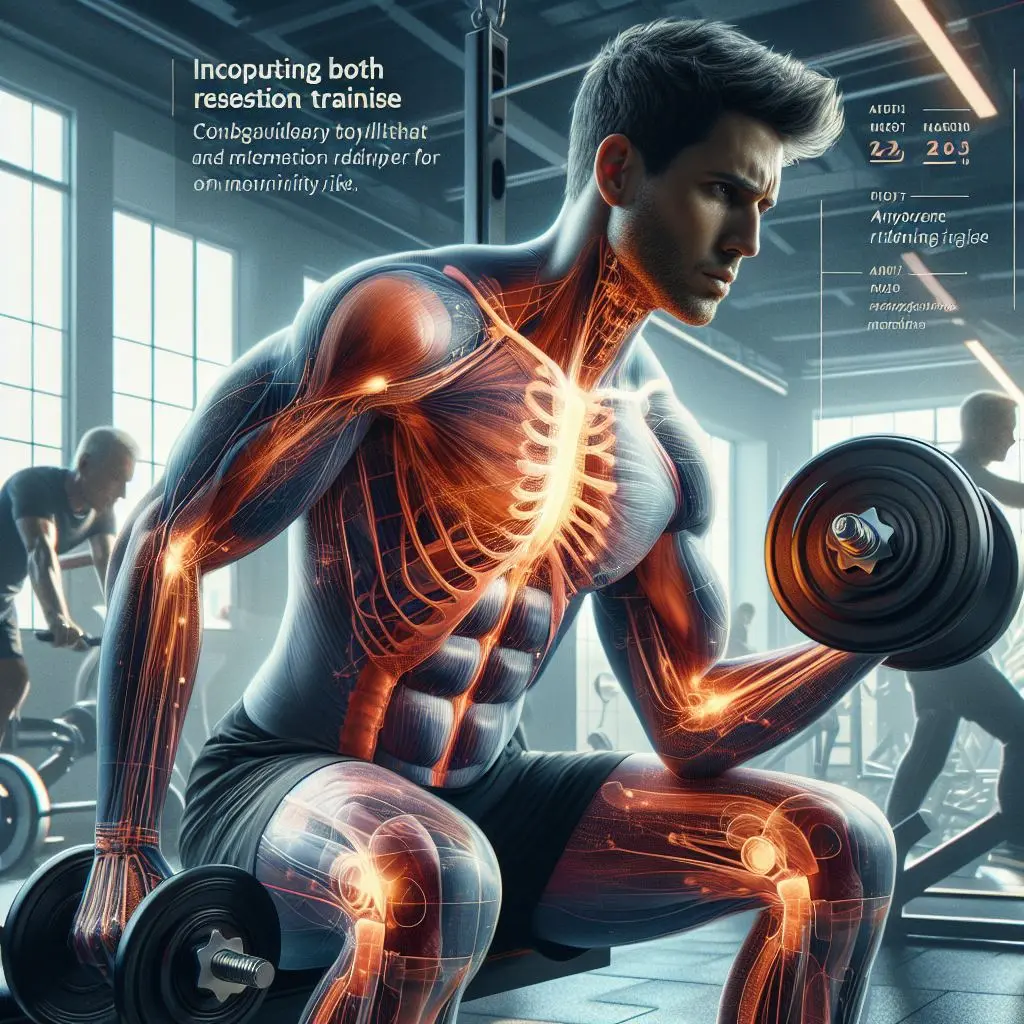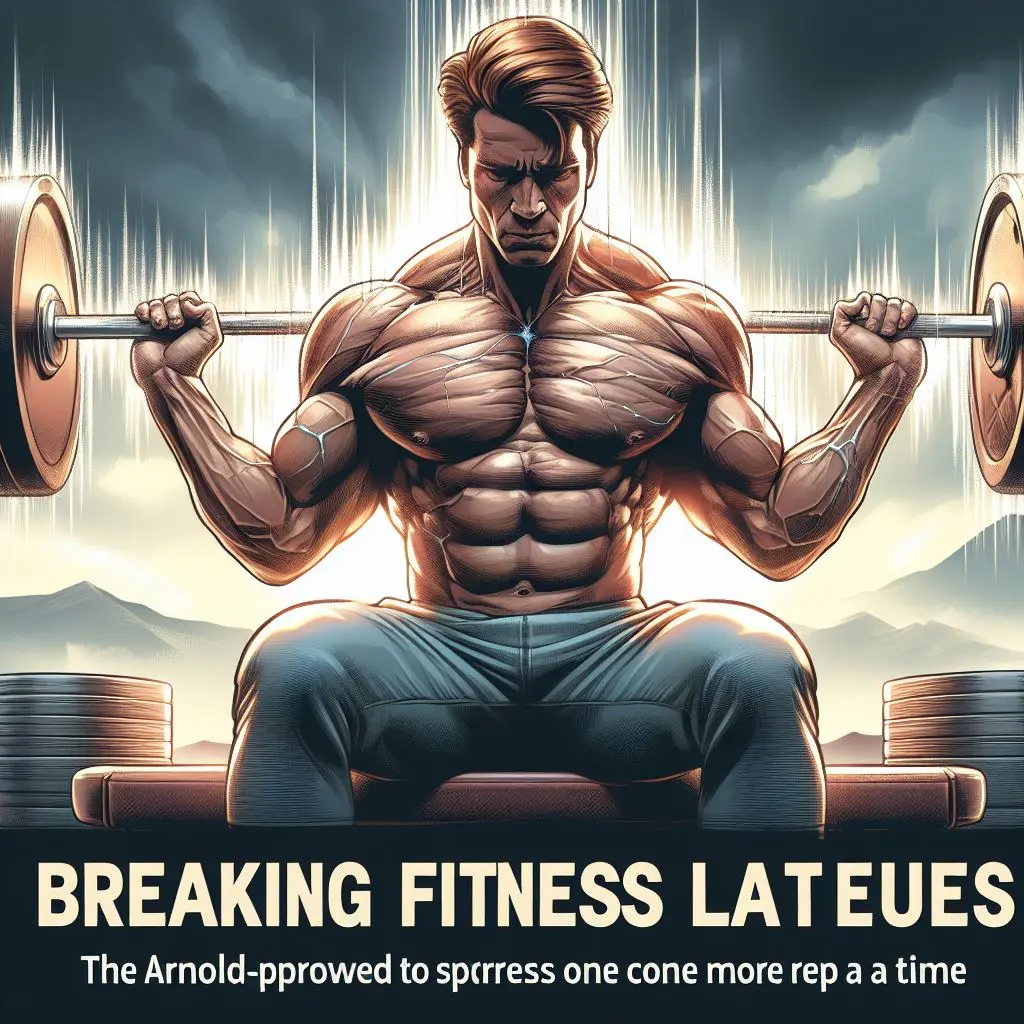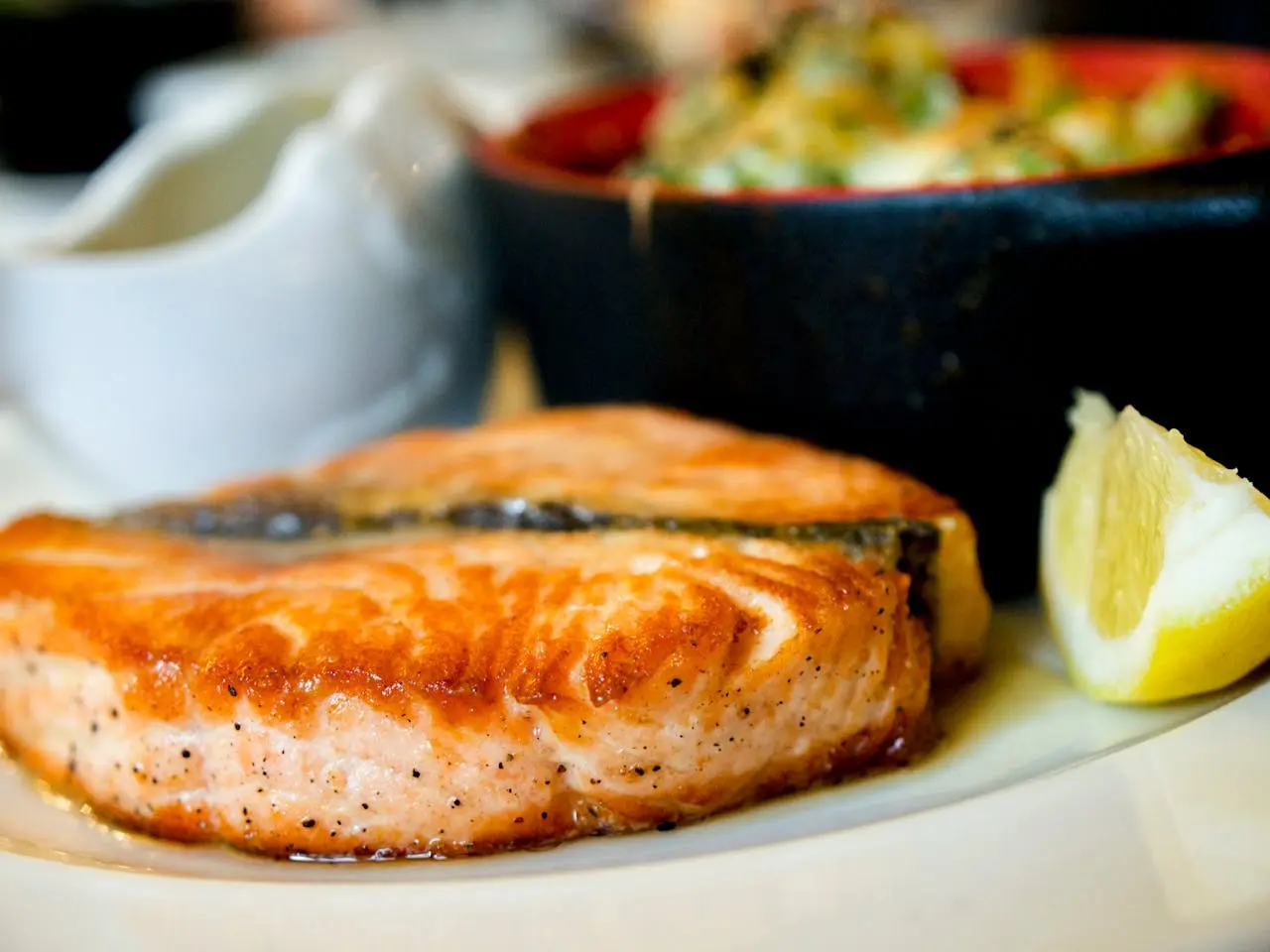Category: Bodybuilding & Training
-

How to Prolong Your Life: The Winning Combination of Cardio and Weights
**Incorporating both resistance training and aerobic exercise** is the key to prolonging life, according to research. Combining weightlifting and cardio can lead to a nearly 50 percent reduction in mortality risk. Even if you’re unable to meet the recommended exercise duration, any movement is better than none, and your body will benefit from this winning…
-

The New Rules of Carb-Loading: Fueling Your Performance
Discover the latest science-backed guidelines for carb loading to enhance endurance performance. Learn how carbohydrates impact athletic readiness, the purpose of carb loading, and tailored strategies for different workout durations. Whether you’re fueling up with carbs or training fasted, prioritize sustainable progress and optimal performance. 🏃♀️💪
-

Unlocking Optimal Muscle Growth: The Science Behind Full vs. Partial Range of Motion in Your Workout Routine
In the debate between full and partial range of motion (ROM) training, both approaches have their merits. Full ROM exercises activate muscles more effectively and promote muscle hypertrophy. However, partial ROM can also be effective, especially for specific muscle groups or overcoming plateaus. The key lies in understanding your goals and tailoring your training accordingly.
-

“Breaking Fitness Plateaus: The Arnold-Approved Method to Progress – One More Rep at a Time!”
This article is from Arnold Schwarzenegger’s Pump Club email, 2024-March-05 Unlocking Progress with Arnold’s Proven Method Has your fitness progress hit a plateau? Here’s a method we learned from Arnold that can push you to become better. No matter what you do in any given workout, the goal of the next workout is to do…
-

Unlocking the Secrets of Omega-3s: Your Guide to Preserving and Gaining Muscle Health
Omega-3 fatty acids may play a crucial role in muscle maintenance and growth during inactivity, as suggested by recent research. Studies show taking EPA and DHA can prevent muscle loss over short periods and even increase muscle mass during extended periods of little movement. While particularly impactful for inactive individuals, the effects on active people…
-

Optimizing Creatine Use: Debunking Myths and Choosing the Right Form
Arnold Schwarzenegger’s Pump Club recommends creatine monohydrate for its multitude of benefits, debunking bloating myths and emphasizing its superior absorption over other forms. Dosage should align with goals: 5 grams for muscle, 10 grams for cognitive enhancement.
-

Debunking the 20-Gram Myth: Unleashing the Power of Protein Absorption in Your Muscles
A new study challenges the notion that the body can only use 20 grams of protein post-workout, suggesting a capability for utilizing much higher amounts for muscle synthesis over 12 hours. Arnold Schwarzenegger’s email highlights this research, noting meal frequency is less important than total protein intake for achieving fitness goals, while recognizing the need…
